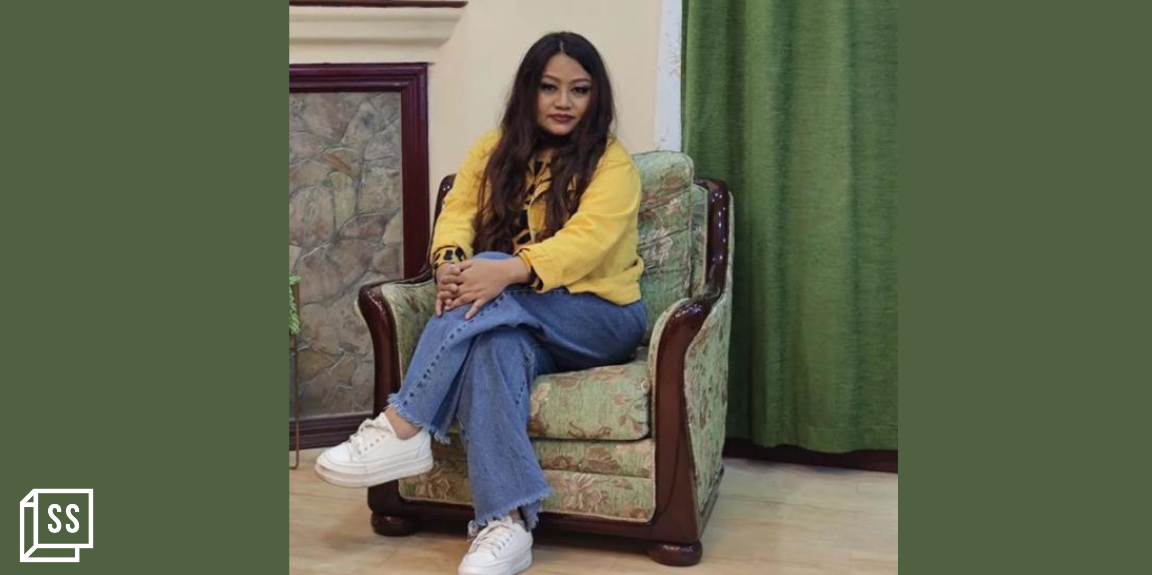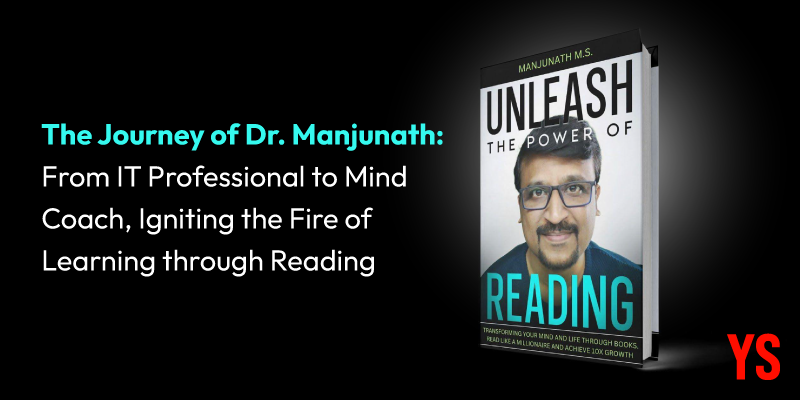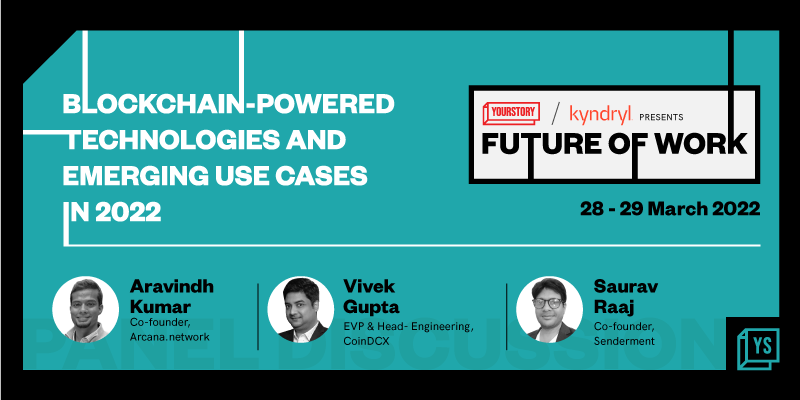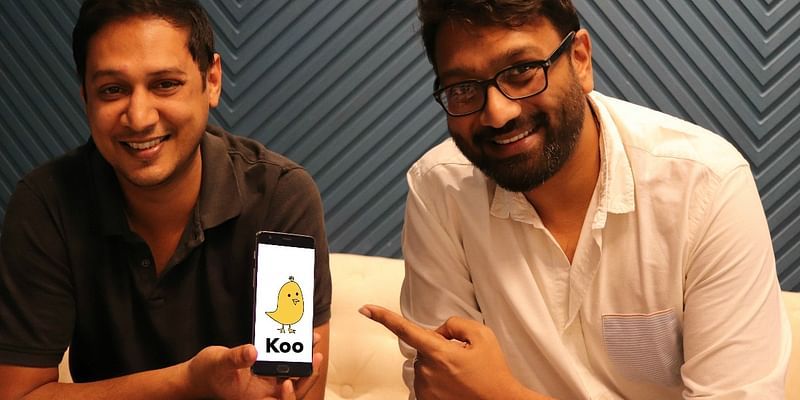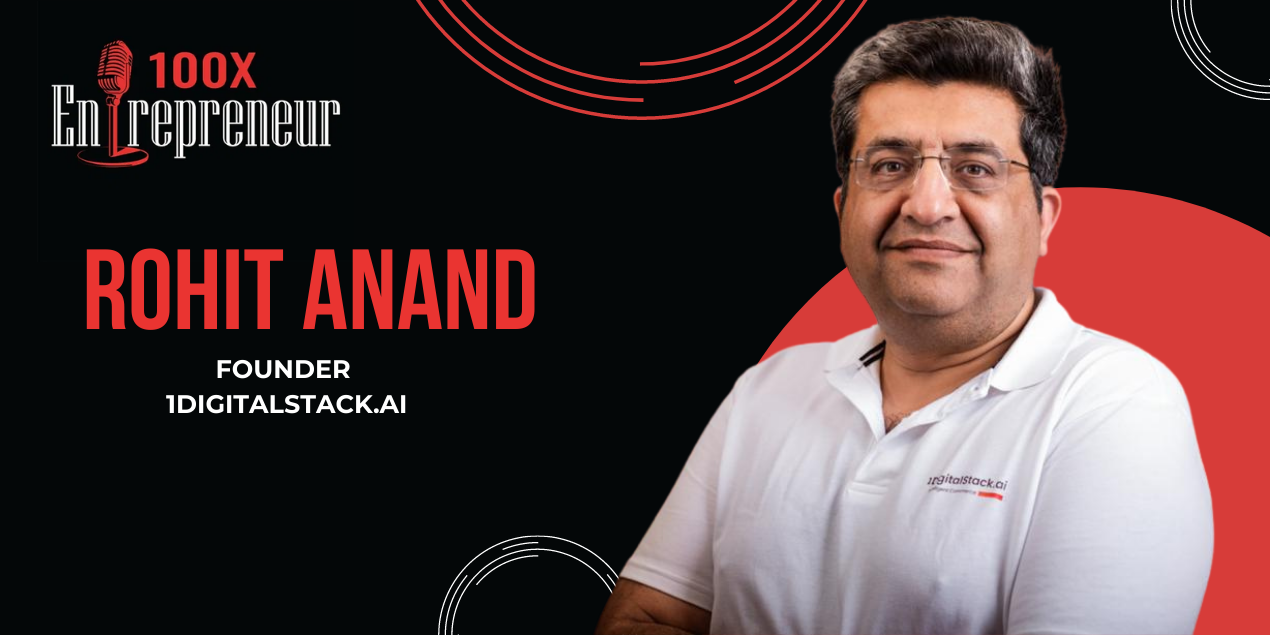Overcoming stigma, Mizoram's Vanlalruati Colney helps HIV+ people find support and purpose
Braving drug use and HIV-positive diagnosis, Vanlalruati Colney offers hope with Positive Women’s Network of Mizoram, which provides medical support, rehabilitation, nutrition, legal counsel, counselling, and employment opportunities to people with HIV.
Mizoram is a state that is disproportionately affected by the epidemic of HIV/AIDS, with more than 25,000 registered people living with HIV (PLHIV). Among them, 33.86% are women—one of them being Vanlalruati Colney who overcame her struggles and now serves as a ray of hope to many.
Her organisation, Positive Women’s Network of Mizoram (PWNM), has been at the forefront of helping women living with HIV in the state power through the disease. Since 2007, it has been organising advocacy and awareness programmes as well as providing medical support, rehabilitation, nutrition, legal counsel, counselling, and employment opportunities.
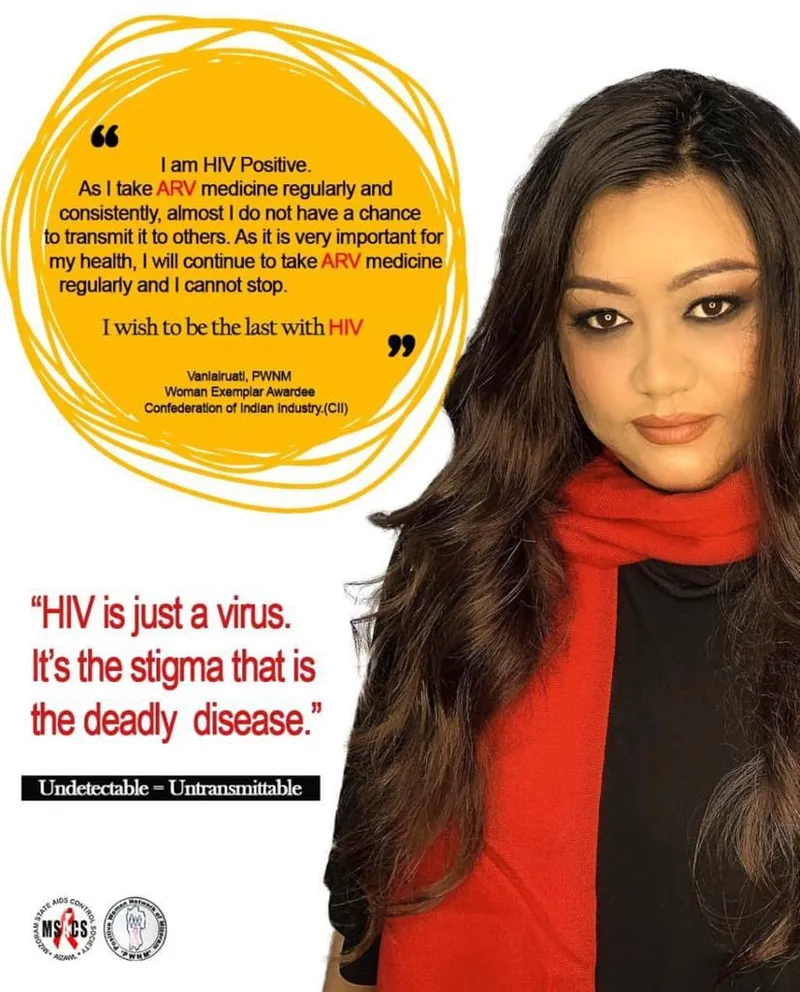
Colney’s own battle with HIV begins in despair and ends with hope. Along with a strong belief that people with HIV don’t have to live with ostracisation and stigma, they can lead normal lives, and all they need is our support, empathy, and faith.
Raised in a middle-class, church-going household in Aizawl, Colney had a happy childhood growing up in a government quarter allotted to her father, a gazetted officer. Her mother was a homemaker content with looking after her three children.
Her father, who found a calling in politics, quit his job to stand for elections. However, his sudden demise changed the family’s fortunes overnight.
Change in fortunes
“When my father died, life changed overnight,” she recalls in a conversation with SocialStory. “We became poor, and my mother had to sell vegetables to make a living. We were young then and the shift was too huge for us to make sense of,” she says.
With her mother away from home for most of the time, the siblings were left to themselves. Colney remembers feeling lonely and lost, with no one to turn to.
“I was 18 at the time and got into a relationship with a boy who was a drug user. Soon, I was also sucked into it because of the pressure to fit into his circle of friends, who were also users. I remember I used to throw up each time I took drugs, and in two months I had become addicted,” she recalls.
Her boyfriend also led her on an emotional rollercoaster ride—breaking up with her often and then patching up, leaving her confused and vulnerable.
She eventually broke up with him for good and moved on to other relationships.
One day, Colney remembers waking up with blisters all over her body. When she was admitted to the hospital, she was diagnosed with herpes zoster. A test also confirmed she was HIV positive.
Her ordeal at the hospital was nothing short of a nightmare, but Colney relives each incident with strength in her voice when even her friend, Nunui Lalnuntlangi—who is translating the conversation from Mizo to English, asks her to repeat the information.
She continues, “My body was full of blisters, my hair had all fallen out, and I couldn’t even put on my underwear. The hospital isolated me in a room that was meant for convicts visiting for treatment. I did not receive any counselling.”
The hospital even refused to change the sheets and her mother had to step in to help.
“I was unaware I was being discriminated against,” she says. “In 2004, there was no ART (anti-retroviral therapy) centre for HIV patients and people had the notion that they would not live long and would be left to die.”
Colney’s immediate focus was to get off the drugs. She quit cold turkey and joined a camp for drug addicts at her church. The withdrawal was so intense that they suggested she leave the camp but Colney was determined to stop using drugs, and she did with their full support.
Thankfully, she did not face stigma from her family or friends. She kept herself busy with activities at church and decided to help other people, especially women living with HIV who faced discrimination.
Finding purpose and focus
Colney began working with community organisations and NGOs in Mizoram, offering counselling to HIV-positive women and providing them with peer educators and training.
Eventually, she decided to form PWNM as a group of HIV-positive women supporting each other through their challenges.
“We reached out to HIV+ women, and those with infected children so that they can be counselled and to prevent further transmission. We also reached out to sex workers and drug users to join us. We didn’t have any funds and generated our own by making candles and reselling stuff,” she explains.
Mizoram State AIDS Control Society got to know of the group’s work and offered the women to run a drop-in centre (DIC) where PLHIV are given counselling, psycho-social support, and legal advice. These centres also provide information about available services and facilities to PLHIV. PWNM also received a project from an international organisation that enabled them to upskill women for employment.
During the onset of the COVID-19 pandemic and the subsequent lockdowns, the PWNM team stepped in to help drug users with rehabilitation support from doctors and helped in the delivery of ARV drugs.
By partnering with Mizoram State AIDS Control Society, UNAIDS, and NGO Goonj, and connecting with government departments, colleges, Startup India, Mizoram State Legal Service Authority, women’s helplines, National AIDS Research Institute, and other organisations, it has reached thousands of women in the state.
Its current initiative, Vihaan, funded by HIV Alliance India, focuses on care and support for people living with HIV.
PWNM has a 33-member team and is run with the help of different church organisations, donations, and partnerships.
“The journey has not been easy. While the stigma surrounding HIV-AIDS may have reduced, it’s still there. But our hard work and commitment to the cause has paid off, and has encouraged people to support us,” says Colney.
In 2019, Colney won the CII Foundation Woman Exemplar Award given to women changemakers. She now works closely with CII who supports her initiatives.
“Our goals continue to be the same—provide life skills training and livelihoods with PLHIV, and advocacy and awareness towards the disease,” she says.
Colney got married in 2005; her husband is also HIV positive. They have a teenage son who was born HIV-negative.
One of the first women in Mizoram to publicly declare her HIV status, Coley emphasises that being diagnosed with HIV is not a death sentence.
“The disease can be managed if diagnosed early and treatment starts on time and continues regularly. Don’t be afraid to approach your counsellor or doctor at any time. Be open about how you feel and talk to your peers. There’s life after an HIV diagnosis. Be brave and understand you deserve to be happy,” she says.
Edited by Kanishk Singh





